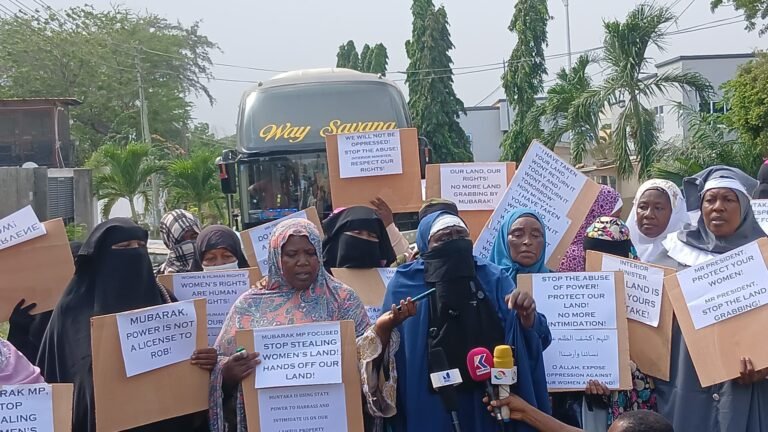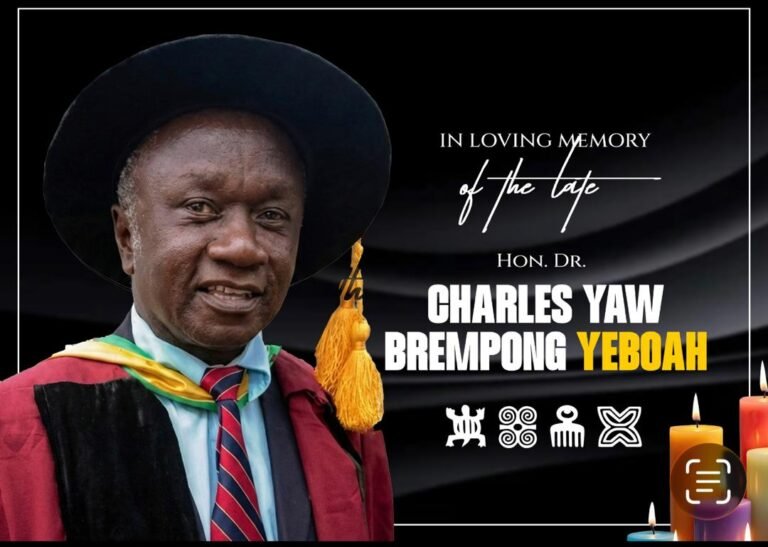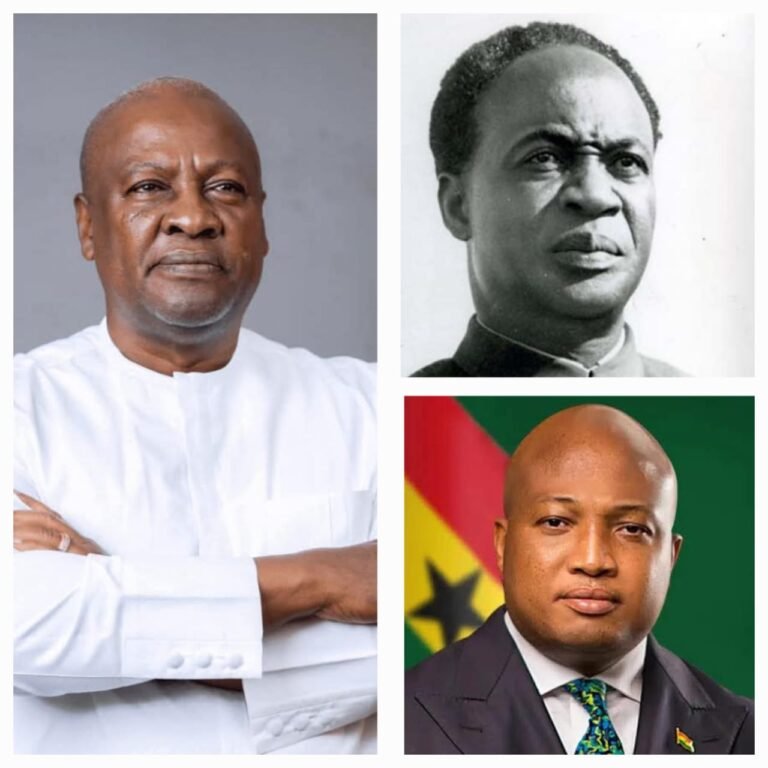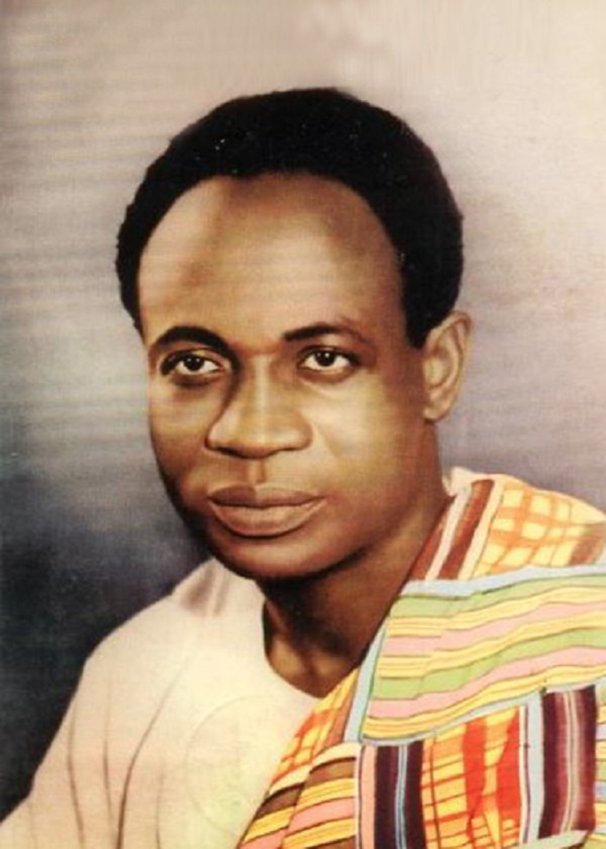
 The United Nations Population Fund (UNFPA), the United Nations’ sexual and reproductive health agency, is observing the International Day of Zero Tolerance for Female Genital Mutilation (FGM) today at Pusiga in the Upper East Region.
The United Nations Population Fund (UNFPA), the United Nations’ sexual and reproductive health agency, is observing the International Day of Zero Tolerance for Female Genital Mutilation (FGM) today at Pusiga in the Upper East Region.
The theme for this year’s event is “Partnership with Men and Boys to Transform Social and Gender Norms to End FGM”
A statement released by UNFPA Ghana Country Office said it is aimed at engaging with males on matters of FGM as well as community organised durbar to sensitise traditional leaders, particularly the male leaders to lead the charge to end FGM.
The statement also called on the Government of Ghana through the Ministry of Gender, Children & Social Protection, UN agencies, development partners, traditional and religious leaders, and NGOs to partner and engage men and boys to shift unequal power relations and challenge the attitudes and behaviours caused by gender inequality leading to FGM.
It stressed the need to change the social norms that perpetuate FGM, and the need to invest in national and local-level policies to protect the rights of girls and women, including the development of action plan to end FGM.
UNFPA reminded the public of the urgent need for more concerted efforts and investments to eliminate the harmful practice of FGM.
“We need men and boys to create safe environment for women and girls to live free of FGM including raising awareness about FGM, reporting cases of FGM, speaking up against the social norm that perpetuate FGM, and in supporting their sisters and daughters not to undergo FGM,” the statement said.
It further called on all to play instrumental roles to protect the millions of girls and women at risk of FGM.
Schedule of activities include;
- 3 radio discussions on “Partnering with Men and Boys to Transform Social and Gender Norms to End FGM” in Kusaal, Bisa and English. The radio discussion would be on Winpang FM (106.5MHz), Pusiga in the UER.
- Capacity Building for 50 young people (mainly girls) who are survivors of FGM
- Durbar dubbed Inter-generational Dialogue between young people and Traditional Leaders to end FGM.
 FGM
FGM
The United Nations Population Fund (UNFPA) defines Female Genital Mutilation (FGM) as “a practice that involves altering or injuring the female genitalia for non-medical reasons.”
The practice is internationally recognized as a gross violation of human rights and an estimated 200 million women and girls across the world have undergone some form of FGM.
At the global level, since 2008, UNFPA and UNICEF have been leading a joint programme to eliminate FGM in 17 countries.
Annually in Ghana, the UNFPA Country Office has worked with the Ministry of Gender, Children & Social Protection, NGOs, traditional authorities, religious leaders, women and advocates to stem the tide of FGM in our communities.
UNFPA is the United Nations sexual and reproductive health agency. Our mission is to deliver a world where every pregnancy is wanted, every childbirth is safe and every young person’s potential is fulfilled.






